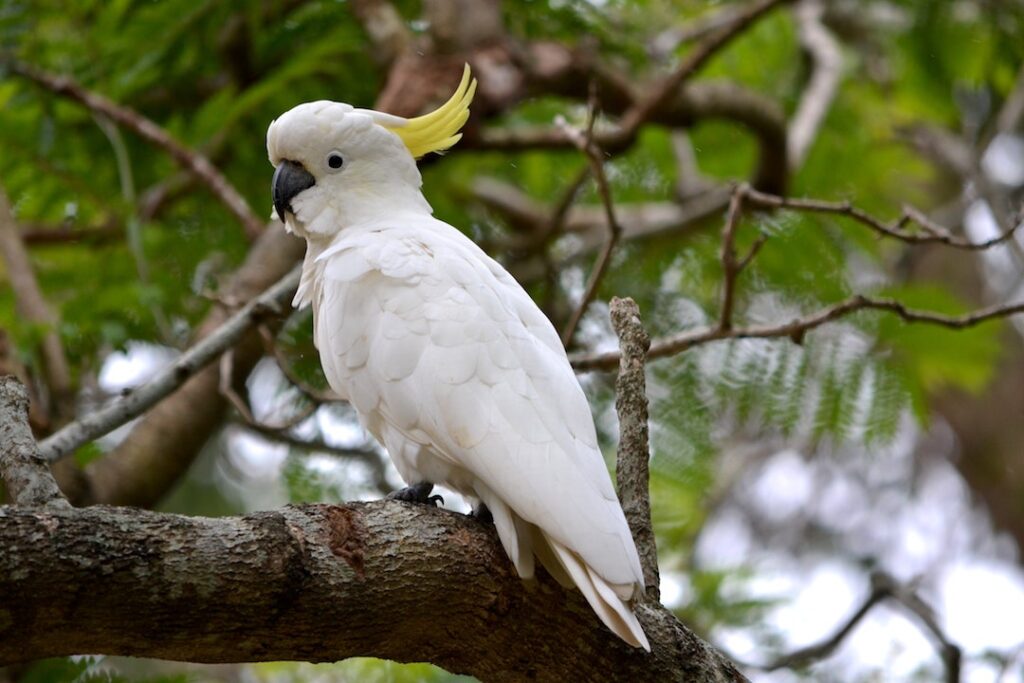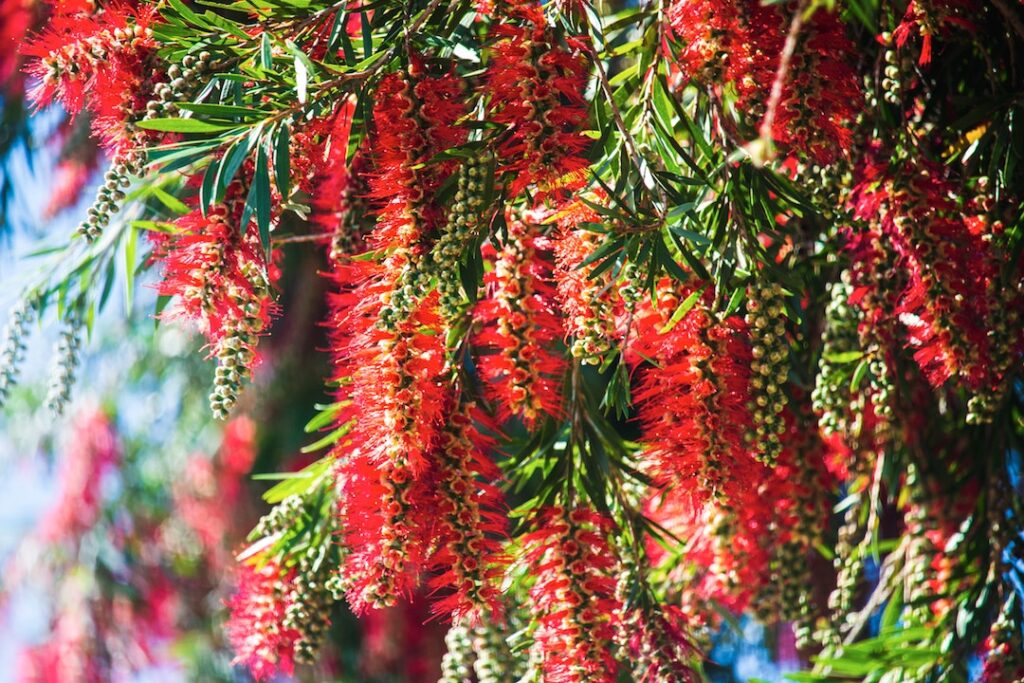Citizen science is public participation in scientific research, and it’s completely changing the Australian scientific world.
By helping to collect data and samples, individuals can be instrumental in engaging with scientific endeavours and supporting the work of Australian scientists.
From the Australian Citizen Science Association, to programs run by CSIRO, there are lots of ways for local communities to have a meaningful impact on their world, helping to preserve this beautiful planet for the future.
Big City Birds
One example of a major citizen science program currently being undertaken is Big City Birds. Run by the Taronga Conservation Society, it aims to learn about the behavioural adaptations of native birds to a landscape that continues to be dramatically altered by humans.

The program focuses on five species in particular: Sulphur-crested Cockatoo, Australian Brush-turkey, Australian White Ibis, Little Corella, and Long-billed Corella. To participate, individuals simply need to download an app and report any sightings of these tagged birds. By documenting information such as their location, nest sites, and behaviours, scientists can start to understand the behavioural patterns, distribution and movement of these animals.
Big City Birds is a tool to better comprehend how our native bird species can adapt to city living, focusing on the challenges and opportunities this new reality presents. It’s just one way that citizen science is helping to positively impact our country.
Flora Connections
Another recent citizen science initiative focusing on Australian flora and fauna is Flora Connections. Started by the Atlas of Living Australia, it helps monitor the fire and flood recovery of native species.

Any Australians who love nature can get involved. The program asks locals to simply find a native plant in their area, identify it with the help from an ID app or reference book, and record details such as its location, habitat, and possible threats including animals or fire. By connecting the community with scientists, Atlas of Living hopes to provide a greater awareness of how plant species have been impacted by the recent extreme weather. It also means scientists and government organisations can make decisions about how best to manage plant development and protection.
Impact on Society
While citizen science is a significant tool in scientific research, as seen by these programs, it has long-term social benefits as well. By introducing a scientific and analytic way of thinking, these programs can increase scientific literacy in local communities. It emphasises the importance of science, technology, engineering, and mathematics (STEM) disciplines in everyday life. And, above all, creates a sense of connection amongst groups as they work together to achieve a greater goal.

During the Covid-19 lockdowns, citizen science provided an outlet for active thinkers, encouraging them to engage in these information endeavours and motivating them to continue contributing to society.
Citizen science is helping to make scientific research more effective. By increasing rates and accuracy of documentation, scientists are able to gain a deeper understanding of the world around us, and make changes to ensure the preservation of our future.
Curious about other citizen science programs in Australia? Click here to find out more.

